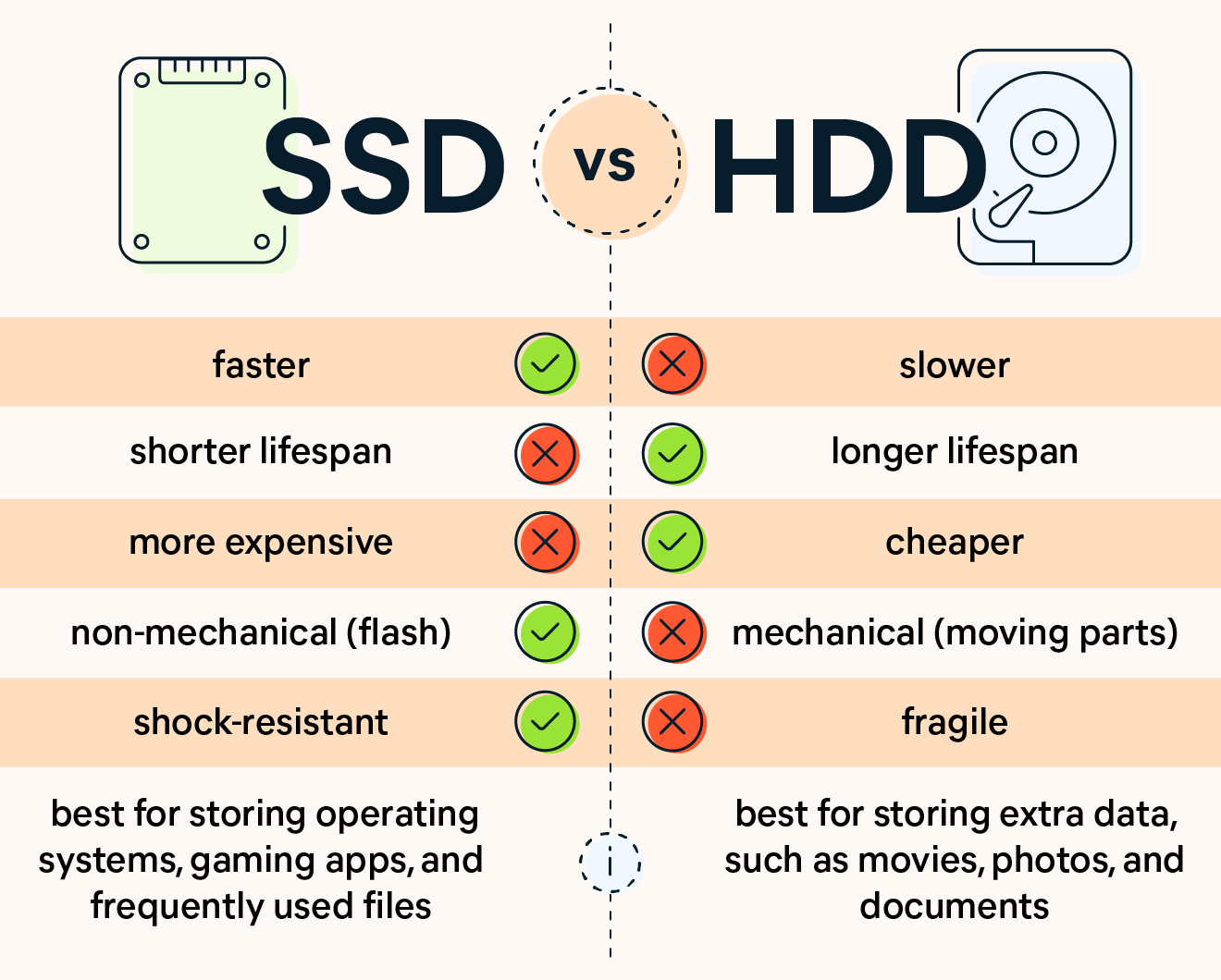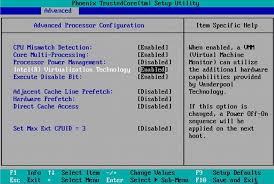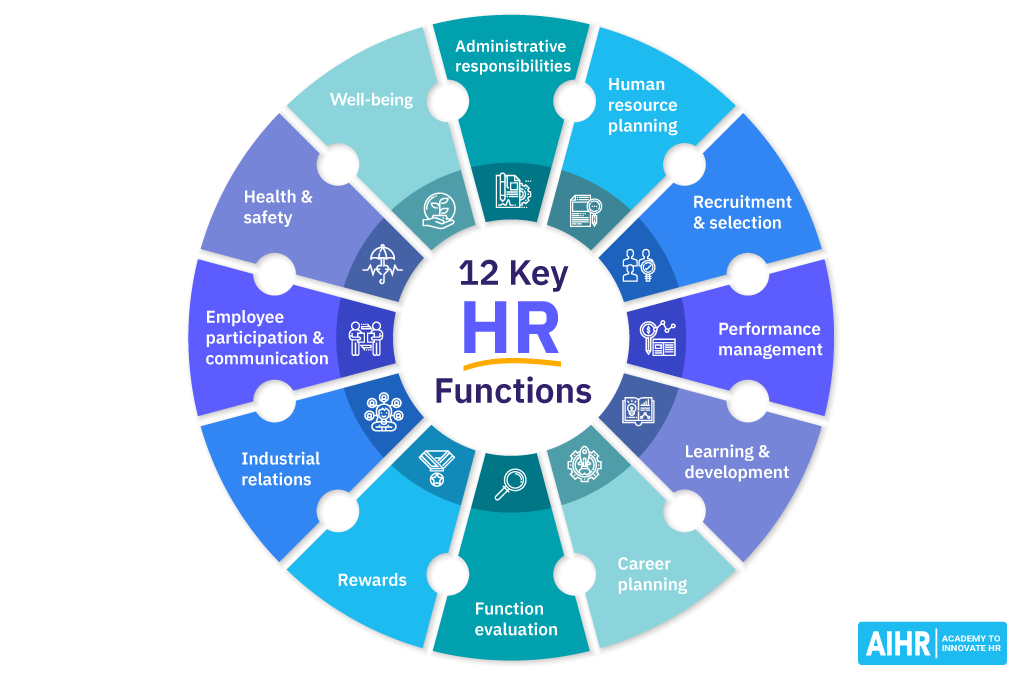
Shipbrokers Breach of Authority
During ship fixing negotiations, the shipbroker is deemed to be acting with the full authority of the shipowner or charterer.
It is therefore important that the shipbroker obtains this authority before making offers or counter-offers. Alternatively, the principal must ratify the broker’s action within a set time period.
If the shipbroker does NOT have the authority, shipbroker may be sued by the person receiving or accepting the worthless offer. Such an action would be on the basis of breach of authority, either with or without negligence:
- Breach of Authority with Negligence
- Breach of Authority without Negligence
In the case of a breach with Negligence, the shipbroker passes on or accepts/agrees an incorrect offer, either by mistake or deliberately.
Should the mistake be made by another party and passed on by the shipbroker, then it becomes a breach without Negligence.
In both cases, the shipbroker can be liable for damages but when it is without negligence, the broker has the chance of recovery from the party who passed the incorrect information to him.
Chartering is a fast moving business, it is always possible to make mistakes, so most shipbrokers will be covered by professional indemnity insurance against negligence.
Before a shipbroker can trade on London’s Baltic Exchange, shipbroker must demonstrate that he is covered by professional indemnity insurance.
—
Breach of Warranty of Authority occurs when an Agent, such as a Shipbroker, makes contracts between their principal and a third party, either exceeding or without having the necessary authority from their principal. This breach can result in the Agent (Shipbroker) being liable to one or both parties involved in the supposed contract.
Breach of Warranty of Authority can happen in two ways:
- with negligence or
- without negligence
When it occurs with negligence, the Agent (Shipbroker) makes a mistake or acts carelessly, failing in their duty of care towards their principal and potentially causing loss or damage. Without negligence, the breach may arise when the Agent (Shipbroker) acts based on incorrect information provided by another party, leading to an unenforceable presumed contract.
For example, if a Shipowner (O) gives a Shipbroker (S) specific terms to offer their ship and Shipbroker (S) presents it to a Charterer (C) under different terms, leading to Charterer’s (C’s) acceptance, there is no enforceable contract between Shipowner (O) and Charterer (C) due to differing intentions. Shipbroker (S) would be liable for a breach of warranty with negligence.
Alternatively, if Shipowner (O) offers the ship to an intermediate Shipbroker (X) under certain conditions, and Shipbroker (X) then offers it to Shipbroker (S) under different conditions, which Shipbroker (S) presents to Charterer (C), and Charterer (C) accepts, there is again no enforceable contract between Shipowner (O) and Charterer (C). In this case, Charterer (C) could action against Shipbroker (S) for breach of warranty without negligence. Although Shipbroker (S) might seek indemnity from Shipbroker (X), Shipbroker (S) still holds primary liability to Charterer (C). Shipbroker (S) can mitigate these risks through adequate insurance and by exercising careful and professional conduct.
Shipbrokers Breach of Authority
A shipbroker’s breach of authority typically refers to situations where the broker, acting as an agent for a shipowner or charterer, acts outside the scope of the authority granted by their principal. This can occur in various ways, such as entering into contracts or agreements that exceed the limits set by the principal, or misrepresenting the terms and conditions of a contract. In such cases, the principal may not be bound by the actions of the broker, and the broker may be liable for any losses or damages resulting from their unauthorized actions.
Key aspects to consider in cases of shipbroker’s breach of authority include:
- Scope of Authority: Understanding the limits of the authority granted to the broker by the principal, often defined in the brokerage agreement.
- Representation and Warranties: Evaluating whether the broker made any representations or warranties on behalf of the principal that were outside their authority.
- Principal’s Liability: Assessing whether the principal is liable for the broker’s actions, which depends on whether the broker was acting within the scope of their authority or if the principal ratified the unauthorized actions.
- Broker’s Liability: Determining the broker’s liability for acting beyond their authority, which may include compensating the principal for any losses incurred.
- Ratification: Considering if the principal has ratified the unauthorized actions of the broker, either explicitly or implicitly, which can bind the principal to the terms agreed by the broker.
- Contract Validity: Analyzing the validity of contracts entered into by the broker on behalf of the principal, which may be voidable if entered without proper authority.
- Remedies and Recourse: Exploring legal remedies available to the principal, including termination of the brokerage agreement, seeking damages, or other legal actions.
Understanding and navigating these aspects is crucial in addressing and resolving situations involving a shipbroker’s breach of authority. Legal advice is often necessary in such cases to ensure proper handling and to protect the interests of the involved parties.
Shipbrokers Breach of Authority with Negligence
Shipbrokers Breach of Authority without Negligence
A shipbroker’s breach of authority without negligence refers to a scenario where the broker acts outside the granted authority but does so without failing to exercise the standard of care and skill expected in their profession. In such instances, the breach is typically due to a misunderstanding or misinterpretation of the scope of authority rather than careless or incompetent behavior. Key aspects to consider in these situations include:
- Understanding of Authority: This type of breach often arises from a misunderstanding or misinterpretation of the broker’s authority. It may occur when a broker believes they are acting within the limits of their authority, but in reality, they have exceeded those bounds.
- Intent and Good Faith: Unlike negligence, the broker’s actions, though unauthorized, are carried out in good faith and with the intent to act in the principal’s best interest. There is no lack of care or competence.
- Principal’s Liability: The principal may still be bound by the broker’s actions if the third party was not aware of the limits of the broker’s authority and had reasonable grounds to believe the broker was acting within their authority (the doctrine of apparent authority).
- Broker’s Liability: Even without negligence, the broker may still be liable to the principal for any losses resulting from their unauthorized actions, as they breached the terms of their agency agreement.
- Ratification by Principal: If the principal ratifies the unauthorized transaction, even after the fact, they are bound by the broker’s actions. Ratification can be explicit or implicit, based on the principal’s actions following the discovery of the breach.
- Impact on Contracts: Contracts entered into by the broker may still be valid, especially if the third party was unaware of the breach of authority and acted in good faith.
- Legal Remedies and Recourse: The principal might seek remedies like rescission of the contract if possible, or may pursue compensation from the broker for any losses incurred due to the unauthorized actions.
- Preventive Measures: Clearly defining the scope of authority in brokerage agreements and maintaining open communication can help prevent such breaches.
- Ethical and Professional Considerations: While the broker’s actions might not constitute negligence, they could still raise questions about professional judgment and adherence to ethical standards in the industry.
- Insurance and Indemnification: Depending on the terms of professional indemnity insurance and the specifics of the contract, some financial losses might be recoverable under these policies.
In cases of breach of authority without negligence, it’s often crucial for the parties involved to seek legal advice to understand their rights, potential liabilities, and the best course of action moving forward.
Shipowners held not liable under Charterparties signed by Manager in Breach of Implied Warranty of Authority
Navig8 Inc v South Vigour Shipping Inc [2015] EWHC 32 (Comm)
In this case, the claimant chartered four ships, with the agreements being executed by the vessels’ commercial manager. Each agreement included the term “the Disponent Shipowners signatory in contract,” followed by the manager’s name. During the deal-making process, the manager clearly indicated they were representing the Shipowners and kept them updated on the negotiation progress.
Upon the ships being taken out of service, the Charterers filed a lawsuit against both the manager and the registered ship owners. They argued that the manager, in arranging the charter agreements, acted as an agent for the Shipowners. Therefore, they contended that the Shipowners were legally bound by the agreements and were in violation for withdrawing the ships. The Charterers interpreted the term “Disponent Shipowners” in the agreements as meaning the manager had the authority to arrange charters on behalf of the Shipowners. The Shipowners refuted being parties to the agreements and claimed that even if they were, the manager lacked the authority to represent them.
The Court determined firstly that the manager had signed the agreements in the capacity of a Disponent Shipowner, meaning as the ship manager. The term “Disponent Shipowner” could denote someone who is an agent of the registered owner, specifically if they are a manager with extensive powers (although the court noted this usage is both infrequent and unconventional).
Moreover, the Court found that the Shipowners had not explicitly given the manager the power to finalize the charter agreements. Thus, the Charterers’ lawsuit against the Shipowners was dismissed. However, the manager was found responsible for breaching an implied warranty of authority, making them liable for damages to the Charterers. The damage amount equaled what the Owners would have paid, plus a balance of account.
Third parties like brokers and managers are often crucial in charterparty negotiations. This case underscores the necessity of ensuring that when one party represents another, both parties are fully aware of the scope and limitations of the representative’s authority. An agent violating an authority warranty could be held responsible for damages under a contract they allegedly entered into on behalf of their principal. While the principal might not be liable for damages, they could still face the burden and costs of legal proceedings that could have been avoided
10 total views , 1 views today










![[Resource]: Installing Webuzo on Your Nestict Cloud VPS: A Detailed Guide](https://www.blog.nestict.com/wp-content/uploads/2024/12/image.webp)
![[Resource] : Comprehensive List of Equity Bank Codes Across Kenya by Region](https://www.blog.nestict.com/wp-content/uploads/2024/12/image-5.png)



![[Continuation]: Current Challenges in Making Physics and Geography Compulsory](https://www.blog.nestict.com/wp-content/uploads/2024/12/The-universe-of-mathematics-physic-and-astronomy-its-ama…-Flickr.jpg)
![[Resource] : Why Physics and Geography Should Be Compulsory Like Mathematics in Education](https://www.blog.nestict.com/wp-content/uploads/2024/12/image.png)


![[LINKTREE] 2024 PAST PAPERS , NOTES ,RESOURCE,REVISION,EXAMINATIONS](https://www.blog.nestict.com/wp-content/uploads/2024/10/SCHM.jpeg)

![Maritime Terms, Abbreviations and Acronyms [Shipping Terms – Searchable]](https://www.blog.nestict.com/wp-content/uploads/2024/09/Container-Stowage-Stock-Illustrations-–-71-Container-Stowage-Stock-Illustrations-Vectors-Clipart-Dreamstime.jpg)
![Maritime Terms, Abbreviations and Acronyms [ Shipping Terms]](https://www.blog.nestict.com/wp-content/uploads/2024/09/image.png)








![[Explainer]: NVMe storage, SSD (SATA SSD), and HDD](https://www.blog.nestict.com/wp-content/uploads/2024/08/Laptops-are-available-with-SSDs-and-HDDs.png)














![[Updated 2024] – Passport Application FOR CHILDREN ONLY(PERSONS UNDER 18 YEARS)](https://www.blog.nestict.com/wp-content/uploads/2023/09/keppp-240x172.png)
![[Updated 2024] -Passport Application FOR ADULTS ONLY-PERSONS OVER 18 YEARS](https://www.blog.nestict.com/wp-content/uploads/2023/09/EAF-Passport-e1631045054464-400x800-1-240x172.jpg)





